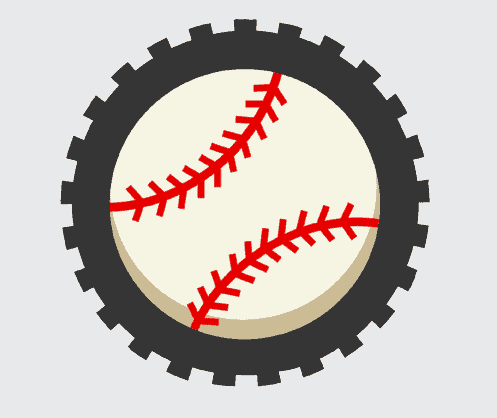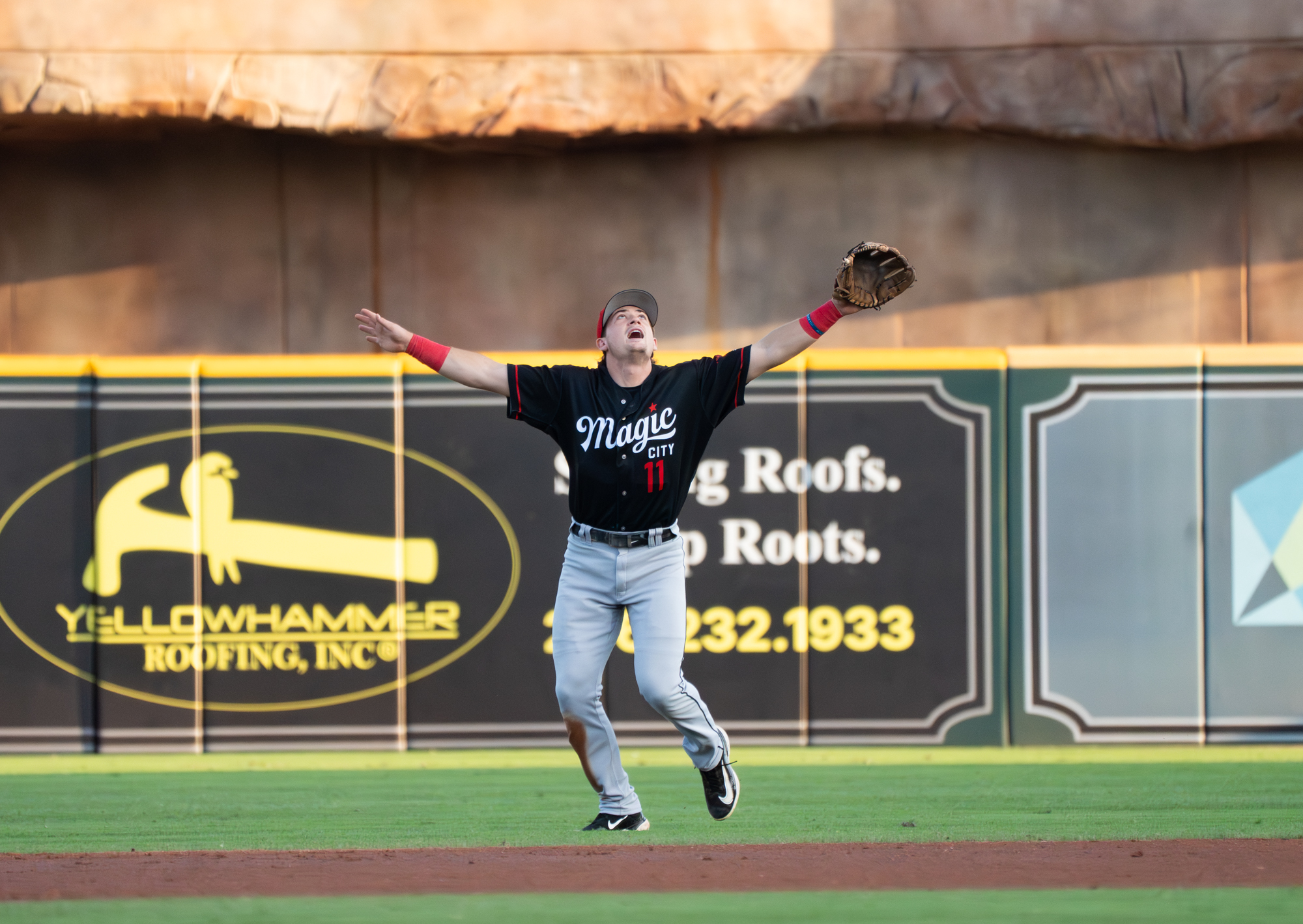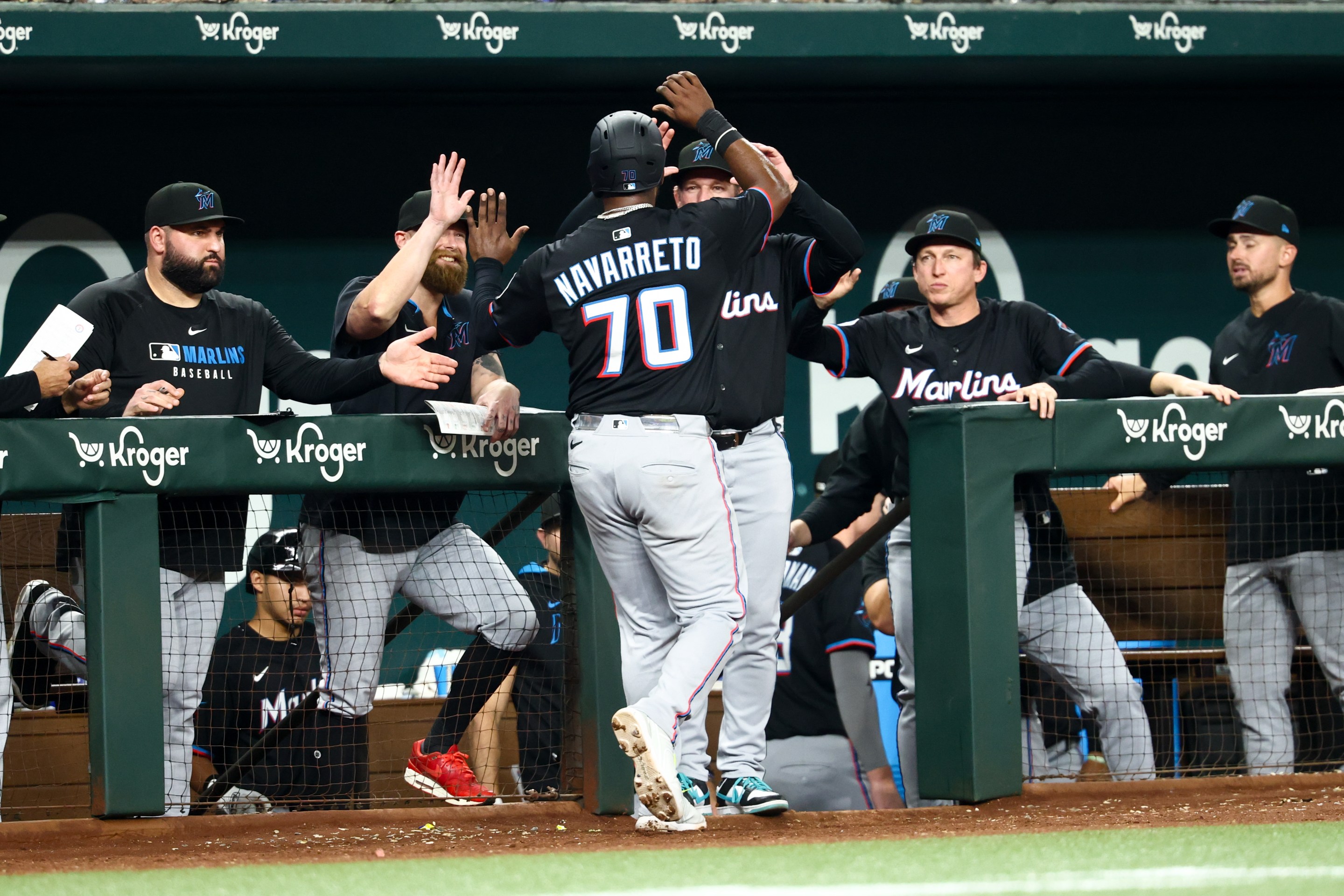As the baseball offseason drags on with the bulk of the free-agent class awaiting a new home, it seems as though there isn't one sufficient explanation for the lag. Some excuses have expired (teams waiting to see where Shohei Ohtani and Giancarlo Stanton ended up), and others don't seem powerful enough to result in scores of unsigned players by themselves. It's likely a confluence of factors -- more teams thinking along the same lines about prices, timing and win curves, a few key teams steering clear of the luxury tax, and there you go.
Dave Cameron introduced a new one: the lack of competitive divisions. He points to the AL East and NL Central as divisions with two teams in jousting range, and those teams are behaving as such. The Yankees traded for Stanton. The Red Sox seem likely to land J.D. Martinez. The Cardinals loaded up with Marcell Ozuna, Miles Mikolas and Luke Gregerson to make a run at the Cubs, who have added a starter and three relievers.
The Nationals, Dodgers, Indians and Astros have no such natural threats in their division, as no one team is one big move from closing the gap. As a result, those runners-up might be more trusting of the trade deadline as a way to make up for any winter inactivity, rather than trying to force forecasts to shift and closing off better options later.
I can buy this, because the nearest wave of rebuilding teams hasn't crested. The Phillies showed what's possible by signing Carlos Santana -- and Philadelphia is an underrated market in crazy offseasons -- but they need backup. The Twins are dabbling with Yu Darvish, and the Brewers are toying with a Lorenzo Cain reunion, and the Braves' chance to act as sleeping giant dissolved due to front office scandal.
Behind them are the Padres, Reds and White Sox, and while San Diego has been a persistent factor in Eric Hosmer rumors, nobody has a good explanation why. Behind them are the Marlins, Tigers and a bunch of undecided teams that are swimming upstream. If baseball teams are going to embrace tanking -- and as I've mentioned before, a strange byproduct of MLB owning Statcast is having employees who champion not signing guys -- the players are going to need a steady flow of "arriving" teams to drive demand. If the divide between winners and waiters persists, the MLBPA might have to resort to more drastic measures.
* * *
[dropcap]T[/dropcap]odd Frazier might be a victim of this gap as much as anybody. In previous winters, second-tier free agents would have found a home by now simply by waiting until they became the most attractive options remaining. Alas, Frazier's turn has yet to arrive, and the New York Post paints a picture of a guy who is getting itchy.
“This is a different free-agent year, you see some crazy stuff going on, man,” Frazier told The Post. “I know how good of a player I am. I’m confident in everything I do. No cockiness about it. I believe in myself, and I have believed in myself ever since I was a young kid. Nothing has changed. Nothing will change.” [...]
“It’s going to be a new, revitalized me,” he said. “I want to prove that I’m worth it. I want to be prepared and be the leader I can be on the field. I know whatever team I do fit with, they’re going to get the best Todd Frazier they are ever going to have because I want to play better. I want to get my average up. I have a lot of goals set for myself. Whenever we figure out what team we are going to go with, it’s going to be a lot of fun because I’m going to get these guys going as much as I am going to get myself going.”
As the White Sox know, a team could do worse at third base than Frazier. As the White Sox also know, Frazier's flaws are a little too present to kick a team's win total out of the 70s by himself. The Sox stopped short that winter, never making the second big move to sustain the Frazier trade. As a result, they only went from 76 wins to 78 and still resigned themselves to blowing it up afterward, which is the same result had they just settled for signing David Freese.
It makes sense on an individual level for a team to hold off on signing a Frazier type until it has a firm idea of how much it'll help. On a leaguewide scale, it's like watching a game of Mortal Kombat between two players who suck at executing combos, yet refuse to simply punch and kick each other until they get better. One side says "wait," the other side says "hold on," and everybody ends up muttering "dammit."






